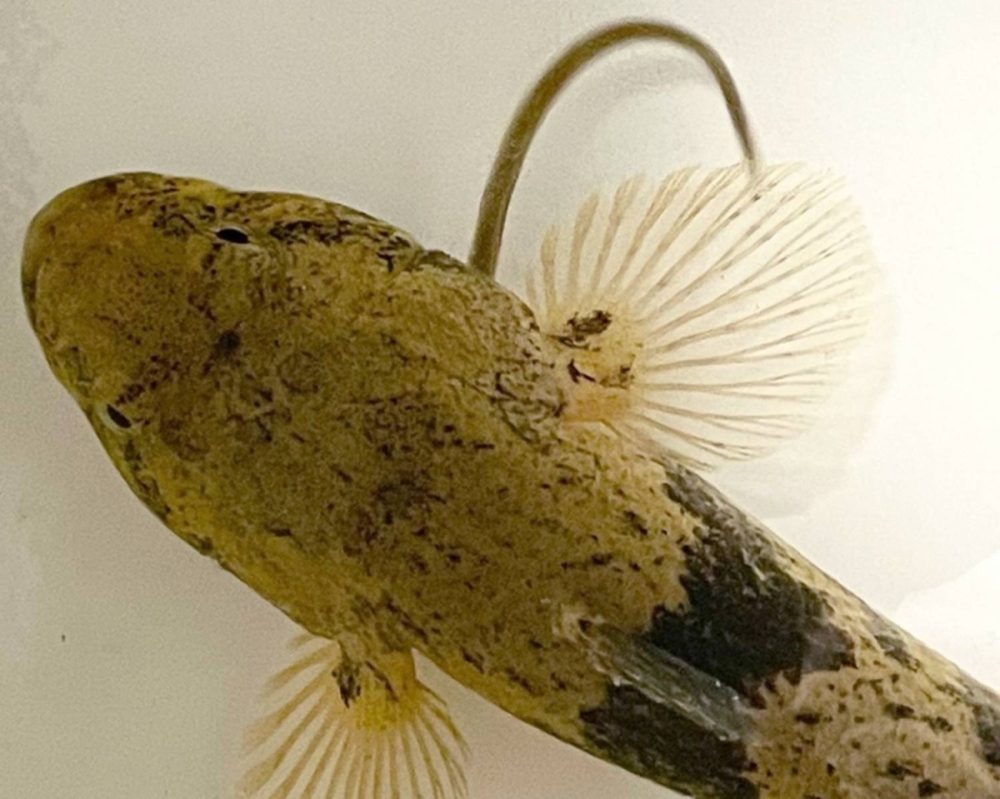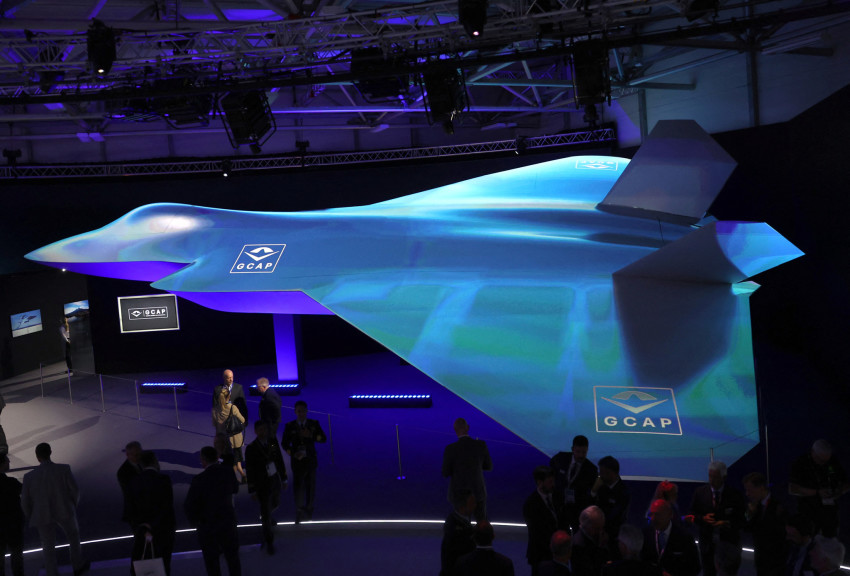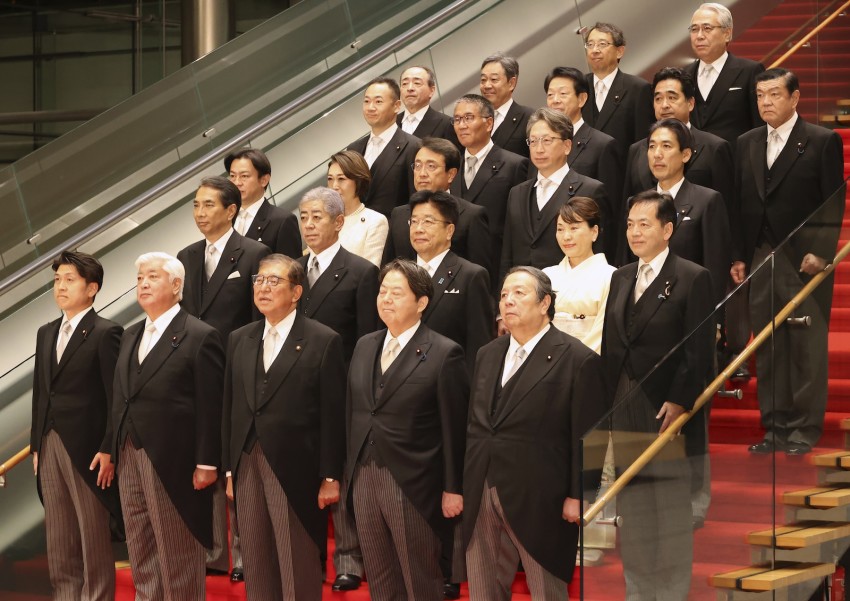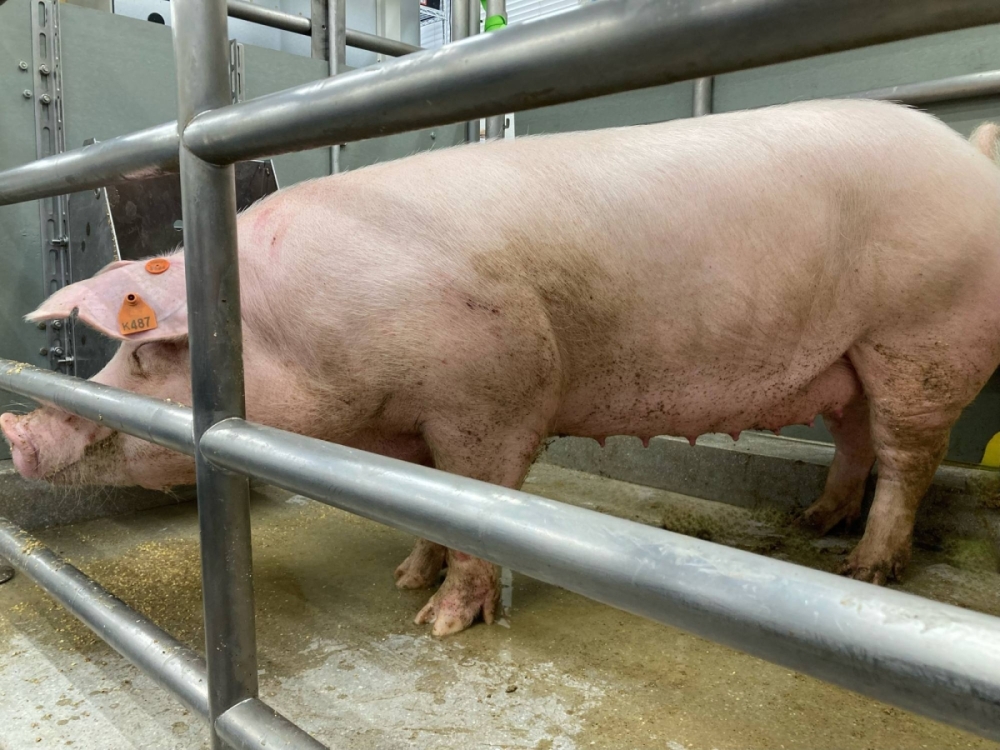New mouse models can boost Japan s drug development: National Cancer Center
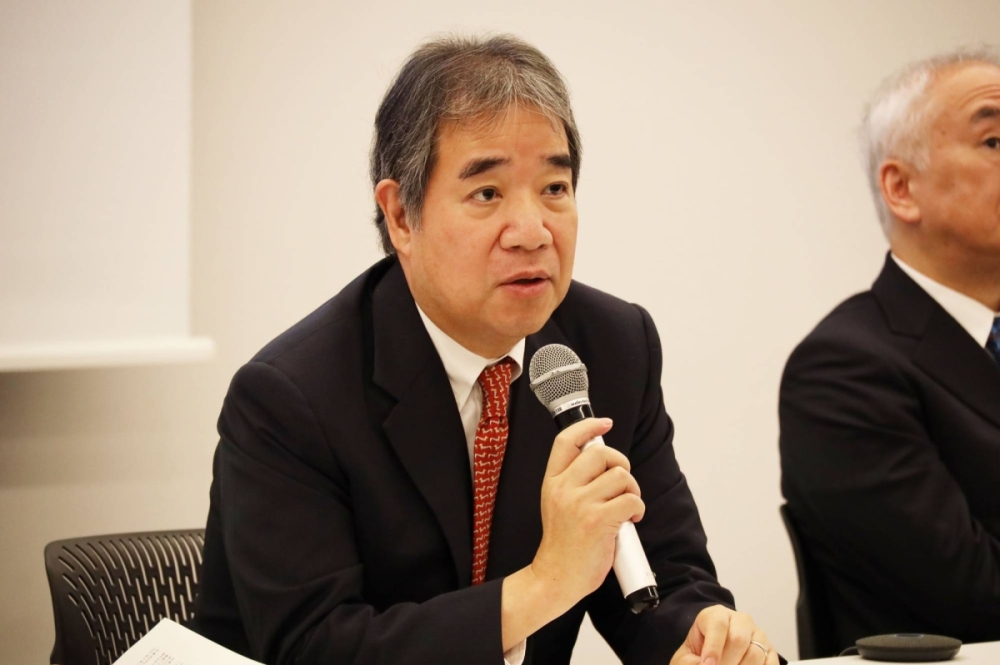
The National Cancer Center Japan (NCC) has officially launched a new clinical trial for an anticancer drug that was initially screened using tumor-bearing mice. This innovative approach, the NCC stated, holds great potential for significantly speeding up the process of drug development in Japan. The trial leverages the use of patient-derived xenograft (PDX) mouse models, known as J-PDX, which is a unique collection maintained by the NCC.
These PDX mice are specially bred to be immunodeficient, enabling the successful transplantation of live tumor tissues from human patients onto their backs. By allowing researchers to observe how the tumors behave and respond to various treatments in a living organism, the J-PDX mouse models provide a crucial preclinical testing platform. The trial aims to take advantage of these models to pre-screen potential cancer drugs, enabling faster identification of promising candidates before moving into human clinical trials.
The NCC's new approach is seen as a potential game-changer in Japan's medical research landscape, as it could help overcome one of the biggest challenges in drug development: the long and costly process of testing new compounds for safety and effectiveness. By utilizing PDX mice, the researchers can more closely mimic human tumor behavior, leading to more accurate drug screening and a better understanding of how a new anticancer drug might perform in human patients.
This breakthrough marks an important step forward for oncology research in Japan, as the country seeks to improve the speed and efficiency of its drug discovery processes while advancing treatment options for cancer patients.


